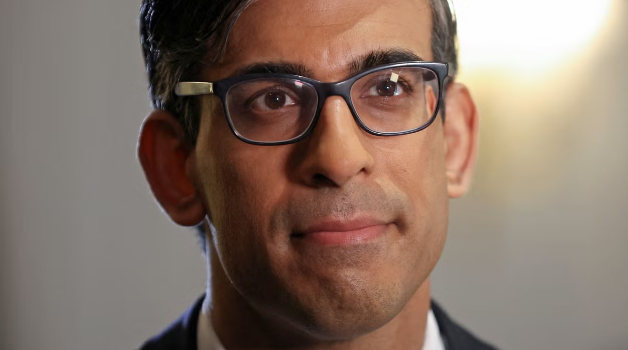
The Prime Minister’s strategy is aimed at boosting public finances before voters head to the polls.
Rishi Sunak is reportedly planning a general election for autumn 2024, with key measures expected to include income tax cuts and an increase in the national living wage, in an effort to ensure the public feels the benefits of economic recovery ahead of the vote.
The government is considering a reduction in the income tax rate, which could be unveiled in the autumn statement and come into effect in April 2024. A senior official close to the government revealed, “The goal is for people to feel that they have more money in their pockets by the time the election arrives.”
Additionally, ministers are exploring raising the national living wage from £10.42 to £11.16 an hour, aiming to further improve financial sentiment among voters. The government hopes that by pushing the election towards the latter part of 2024, it will provide enough time for economic measures, such as new legislation targeting small boats, to take effect.
Sources suggest that the government is eyeing October or November 2024 for the election, giving ample time to implement these policies and show voters that the country is on the path to economic recovery.
Although there has been no official confirmation, a Downing Street spokesperson stated that while reducing the tax burden is a long-term goal for Sunak, the government must first maintain economic stability.
At the same time, Labour is stepping up its personal attacks on the prime minister, focusing on his wife’s past use of the non-domiciled tax status. This controversial approach has led to internal criticism, with figures like former home secretary David Blunkett calling it “gutter politics.” The party is attempting to shift the focus of the campaign from issues like law and order to the cost of living.
Lord Hayward, a Tory polling expert, believes that Labour’s attacks are a sign of insecurity, suggesting that the party may be growing nervous over improving poll numbers for Sunak. He argued that British voters are likely to be turned off by such negative campaigning, which could ultimately backfire.









